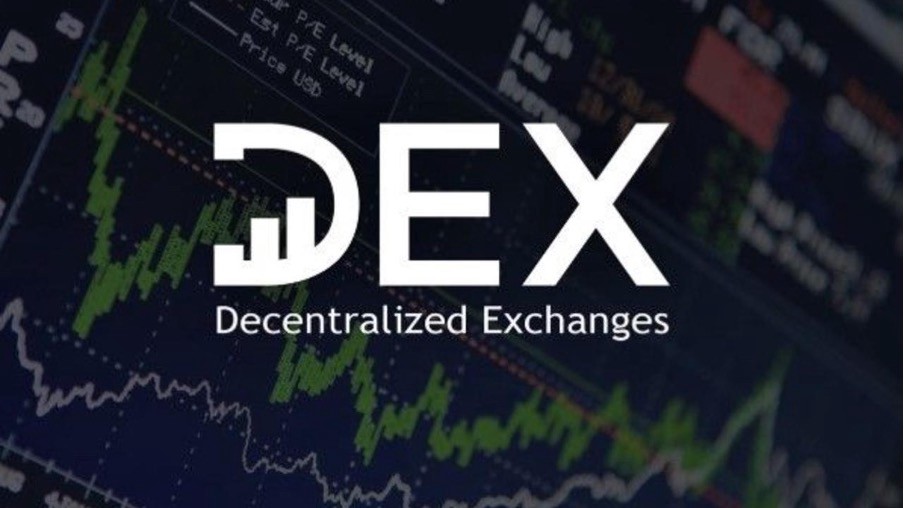A Decentralised Exchange, also known as a DEX, is a peer to peer marketplace where transactions take place directly between crypto traders. The idea behind a DEX is to further the implementation of trustlessness on the crypto network. As I’m sure you know by now, the idea behind Bitcoin and other crypto coins being decentralised is to remove the middleman, ie. banks, from financial transactions. Centralised exchanges such as Coinbase and Binance have however assumed the mantle of the bank, at the pinch point of the cryptocurrency ecosystem, the on-ramp/off-ramp.
The role of the Decentralised Exchange then, is to make it possible for crypto users to swap their coins without having to use the services of a Centralised Exchange, providing an option for swaps to users that requires no trust. By using compatible wallet, users can simply connect to a Decentralised Exchange, and swap their coins in a totally decentralised manner.
DEXs provide a great way to get a hold of new or obscure tokens which may not be available on CEXs yet. Often tokens will get listed on CEXs only when they have established themselves as being fairly legitimate. (These listings of legitimate up and coming tokens are usually accompanied by green candles). Anyone can mint a token on Ethereum and create a liquidity pool for it, so there is inherent risk in buying tokens before they are validated by CEXs, and founders of such coins have been known to run off with investor’s funds.
There are of course issues that need to be watched out for when swapping coins using a DEX. For starters, as with all things decentralised, there is no recourse, there is no customer service, and there is no manager you can speak to (talking to you Karen). With this in mind it is important to research the DEX you are using before you attempt to swap your entire net worth, and ditto for the coin you planning on purchasing. Personally I like to make smaller test transactions before I make larger transactions as a rule, but that’s just me.
With all of this in mind there is the issue of “impermanent loss” to be addressed. This issue can arise when one more volatile crypto asset is paired with a less volatile one in a liquidity pool, and can result in lost funds and on overall sense of being cheated by the system. Another similar issue is “slippage“, which becomes more of an issue when trading for larger sums of money, so it is important to understand that it is a potential risk when carrying out trades on DEXs.
DEXs provide a decreased risk of funds being hacked, as they are not being held by a centralised entity but are instead stored in users own wallets. This is not really an issue when using more reputable CEXs where funds are likely insured, but exchanges have been hacked in the past and crypto users have been left out of pocket, so it’s nice to know that DEXs are a little more secure. DEXs also reduce “Counterparty Risk“, which is the risk that one side will default on the swap.
One final thing to keep in mind when using a DEX is that the exchange is governed by smart contracts, and smart contracts if poorly written can have bugs and flaws in them. Just another reason to do in depth research on the platform you are about to use to swap your hard earned coins.
In terms of fees, most DEXs will take a small transaction fee, and if swapping coins on the Ethereum network there are also gas fees to consider, which can be quite high at peak times.
Find a more in depth look at the mechanics of a DEX here.
View a comprehensive list of DEXs here.


